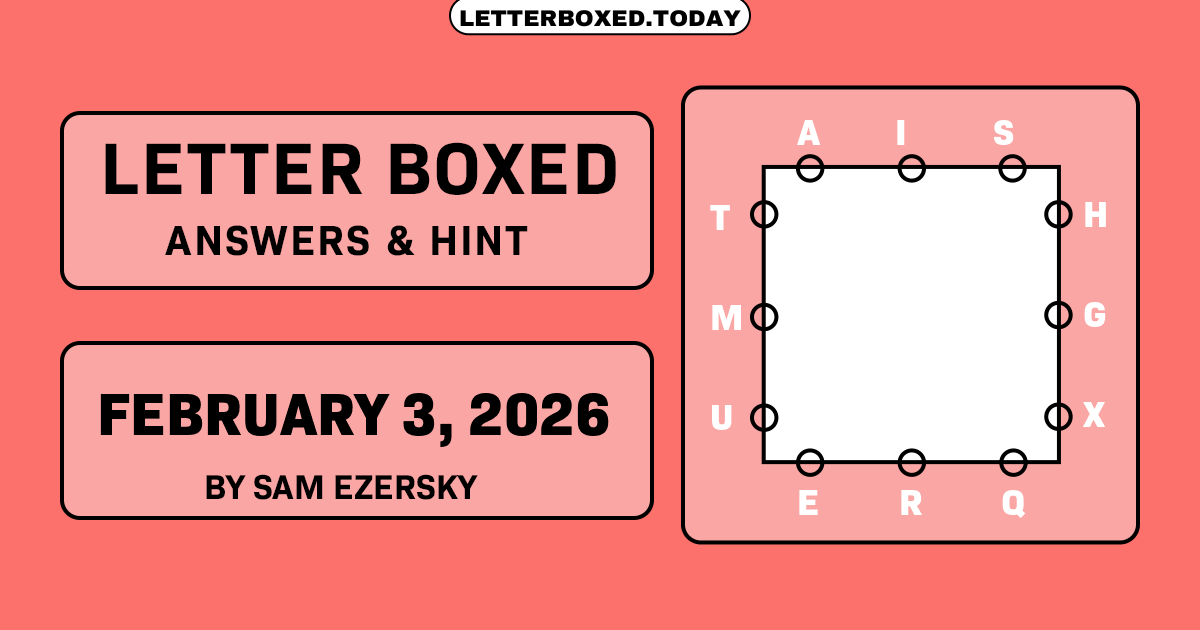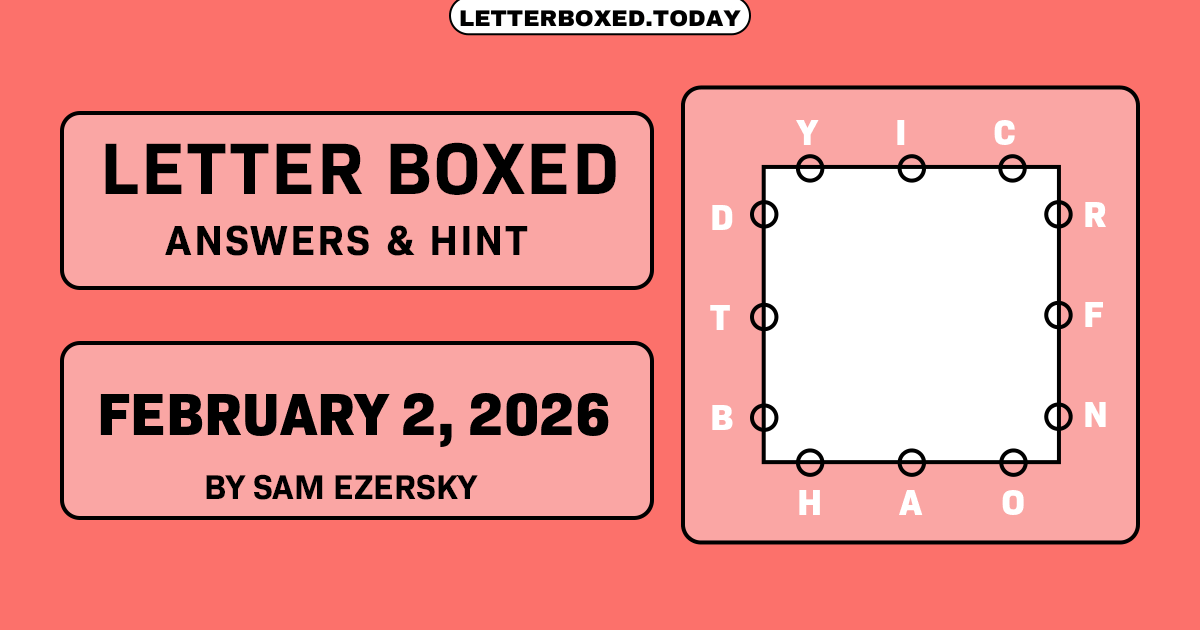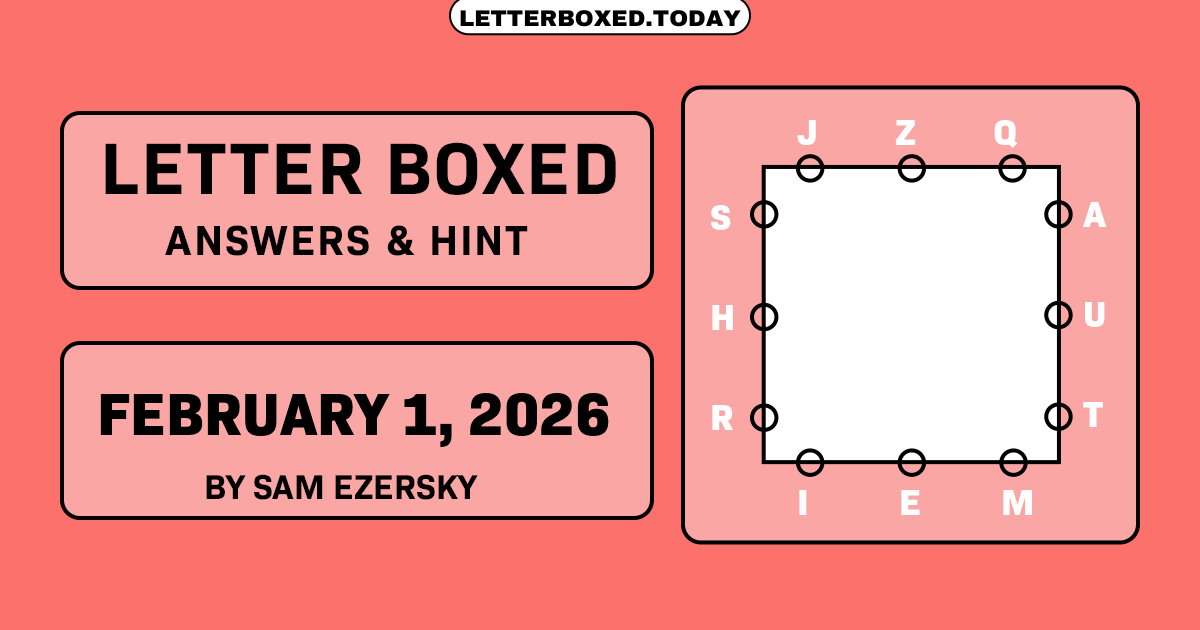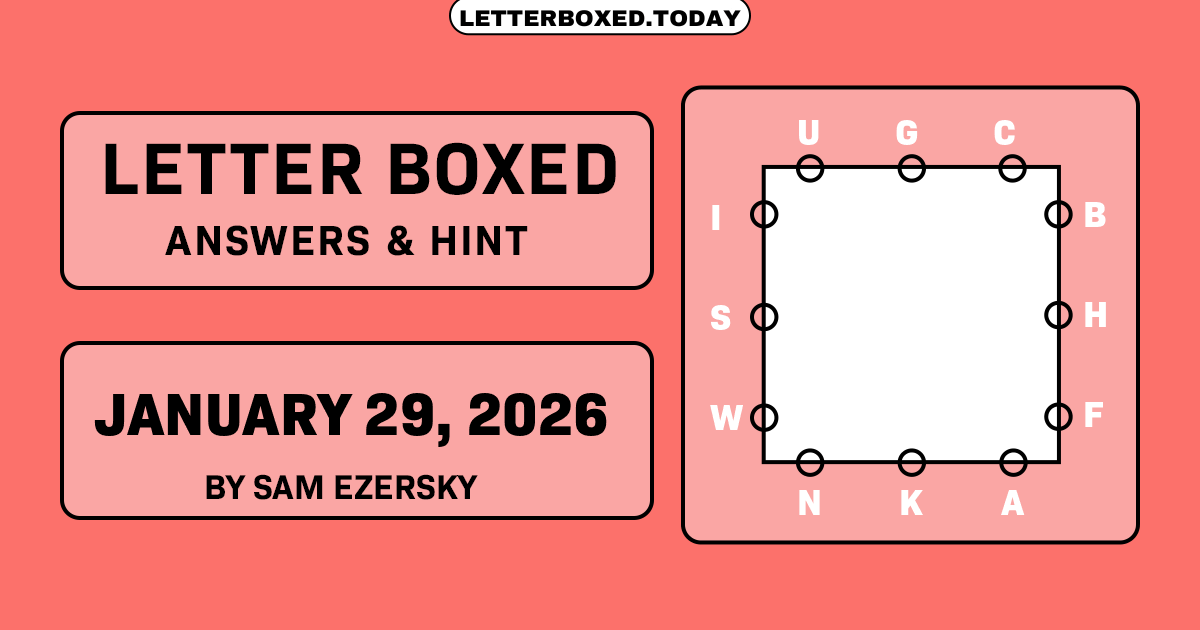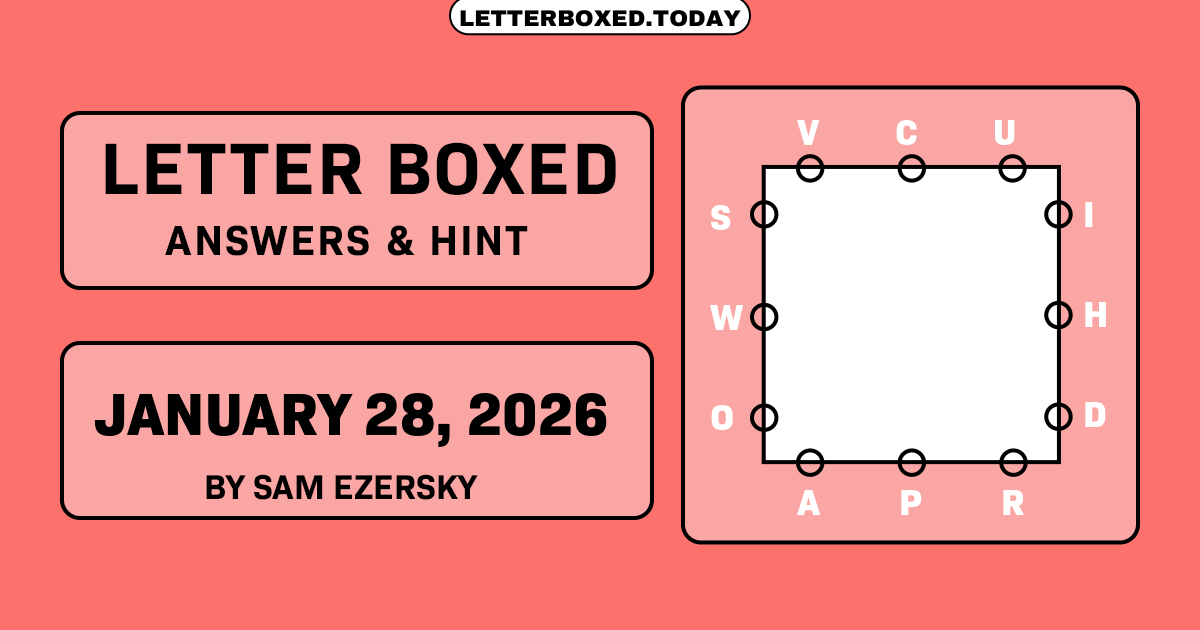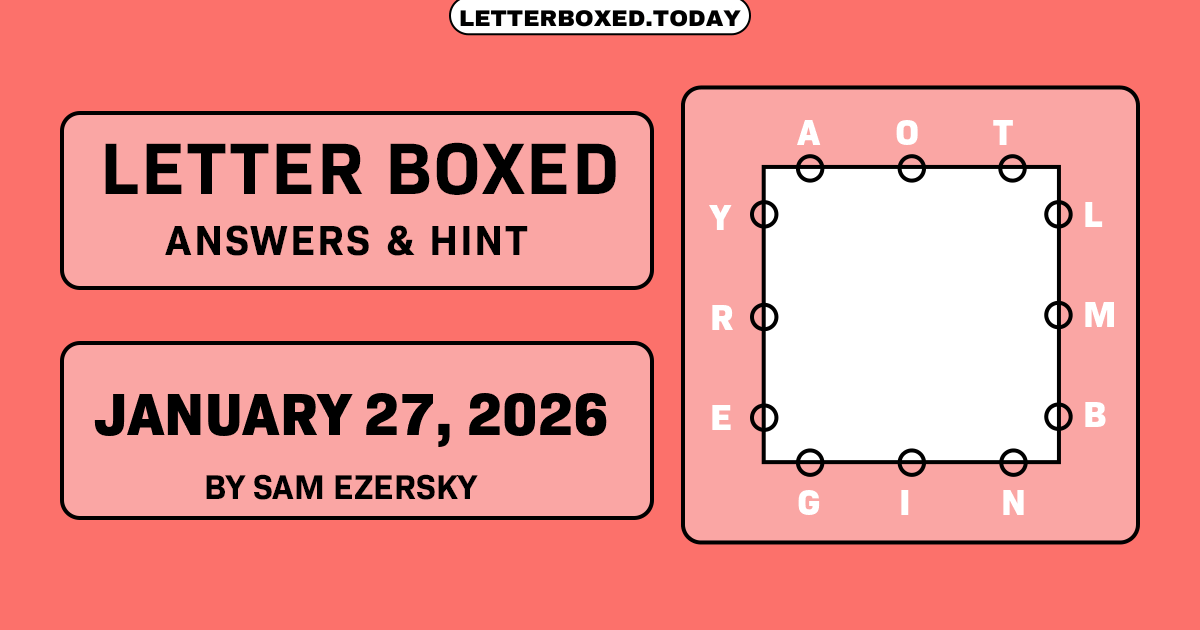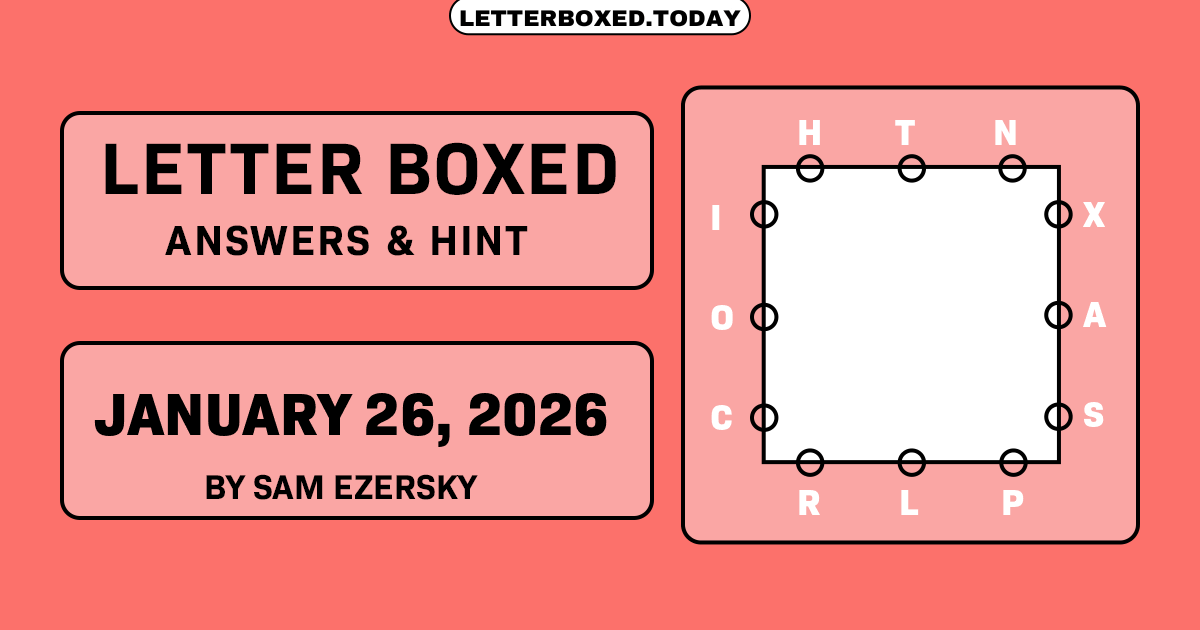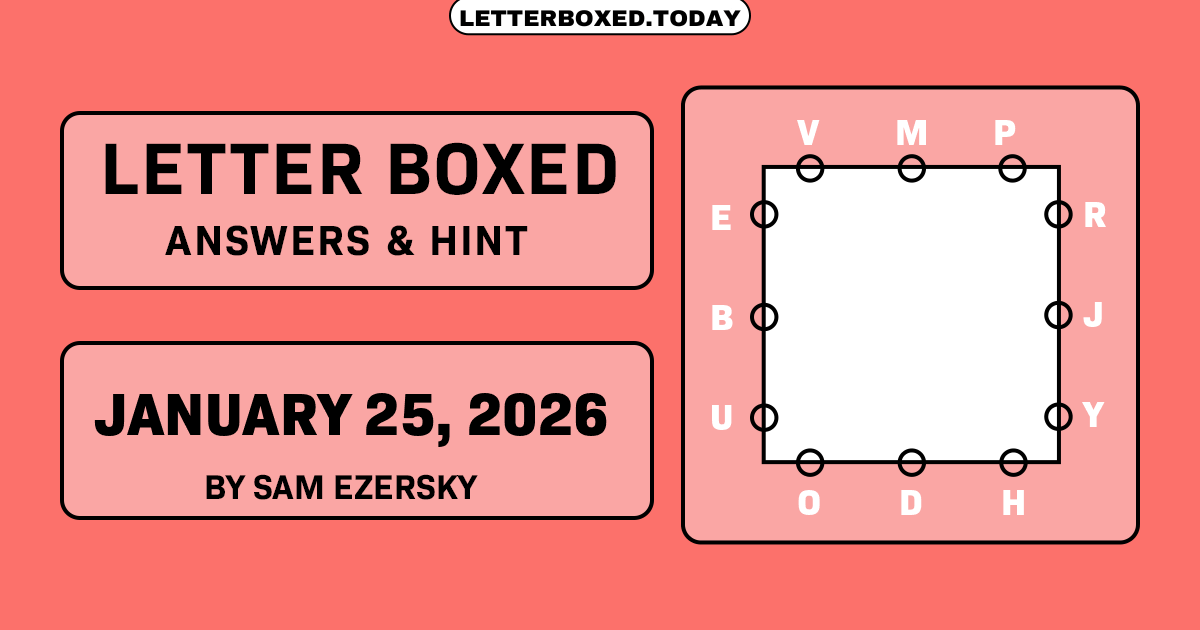In an age dominated by screens and fast information, finding activities that both entertain and stimulate the brain is more important than ever. Word puzzles have stood the test of time as a powerful tool to enhance mental fitness, and Letter Boxed is a modern favorite among puzzle lovers. This unique game challenges players to form chains of words using specific letters while following certain rules, making it more than just a fun pastime.
In this article, we delve deeper into how consistent Letter Boxed gameplay can help improve your vocabulary, develop critical cognitive abilities, and offer numerous mental health benefits supported by scientific research.
The Science Behind Word Puzzles and Brain Health
Recent studies in neuroscience and psychology highlight the benefits of engaging in mentally stimulating activities. Word puzzles like Letter Boxed activate multiple brain regions responsible for language, memory, problem-solving, and concentration. These activities lead to the growth of new neural connections, improving plasticity — the brain’s ability to adapt and learn throughout life.
For example, research published in the journal Neurology shows that adults who regularly engage in puzzles experience slower cognitive decline than those who don’t. Such exercises can delay the onset of memory-related diseases like dementia and Alzheimer’s by keeping brain regions active.
Vocabulary Growth Through Letter Boxed Practice
One of the most direct benefits of playing Letter Boxed is vocabulary enhancement. Unlike casual reading or conversation, Letter Boxed forces players to search their mental dictionary actively, recall seldom-used words, and discover new ones to fit challenging puzzle constraints. This process encourages:
- Active word retrieval: Searching for valid words helps strengthen memory recall pathways.
- Word exploration: Limited letters push players to experiment with unusual word combinations.
- Vocabulary retention: Repetitive exposure and use of diverse words solidify learning.
Players often find their everyday language skills subtly improving, with increased fluency and confidence in word usage.
Enhancing Problem-Solving Skills and Logical Thinking
Letter Boxed is not merely a test of vocabulary but a strategic game that requires logical planning. Players must anticipate several moves ahead, ensuring that each word choice keeps options open for completing the puzzle.
This kind of cognitive exercise helps in:
- Improving executive function: Planning and decision-making skills are sharpened.
- Developing flexible thinking: Finding alternative word routes boosts creativity and adaptability.
- Enhancing concentration: Sustaining focus across multiple steps trains mental stamina.
These skills transfer well into daily life tasks, including work problem-solving and complex decision-making.
Boosting Focus and Attention Span
Succeeding in Letter Boxed demands intense concentration to avoid breaking the rules and to use all letters efficiently. Playing regularly trains your brain to stay attentive and filter out distractions, a crucial skill in today’s multitasking world.
Studies show that focused puzzles improve one’s ability to:
- Maintain longer periods of undivided attention
- Minimize mind-wandering during tasks
- Enhance selective attention — focusing on relevant stimuli while ignoring others
Mental Agility and Neuroplasticity: Keeping Your Brain Young
Our brain’s ability to reorganize and form new neural connections, called neuroplasticity, tends to decline with age. Keeping it active with puzzles like Letter Boxed supports continued brain growth and resilience.
The game’s demand for rapid pattern recognition, quick thinking, and vocabulary recall works like a mental gymnasium, helping maintain cognitive performance well into later years. Regular players report feeling mentally sharper, with improved recall and quicker thinking.
Practical Ways to Maximize Benefits from Letter Boxed
To get the most out of your Letter Boxed sessions, consider these tips:
- Play consistently: Make it a daily routine for sustained brain exercise.
- Challenge yourself: Gradually increase difficulty by attempting harder puzzles or timing your solves.
- Pair with learning: Use dictionary apps or word lists to explore unknown words found during play.
- Join communities: Engage with other players to exchange tips and stay motivated.
- Combine with other activities: Complement puzzle play with physical exercise, meditation, and healthy sleep for holistic brain health.
Conclusion
Letter Boxed is much more than a simple word puzzle – it’s a powerful tool for enhancing mental agility, expanding vocabulary, and maintaining cognitive health. Scientific evidence supports the idea that regular engagement in such mentally demanding games helps delay cognitive decline, hones problem-solving skills, and improves focus.
By investing just a few minutes a day into Letter Boxed, players embark on a rewarding journey toward better brain health and sharper word skills. Whether a beginner or a puzzle veteran, the game offers lifelong benefits wrapped in an enjoyable challenge.
